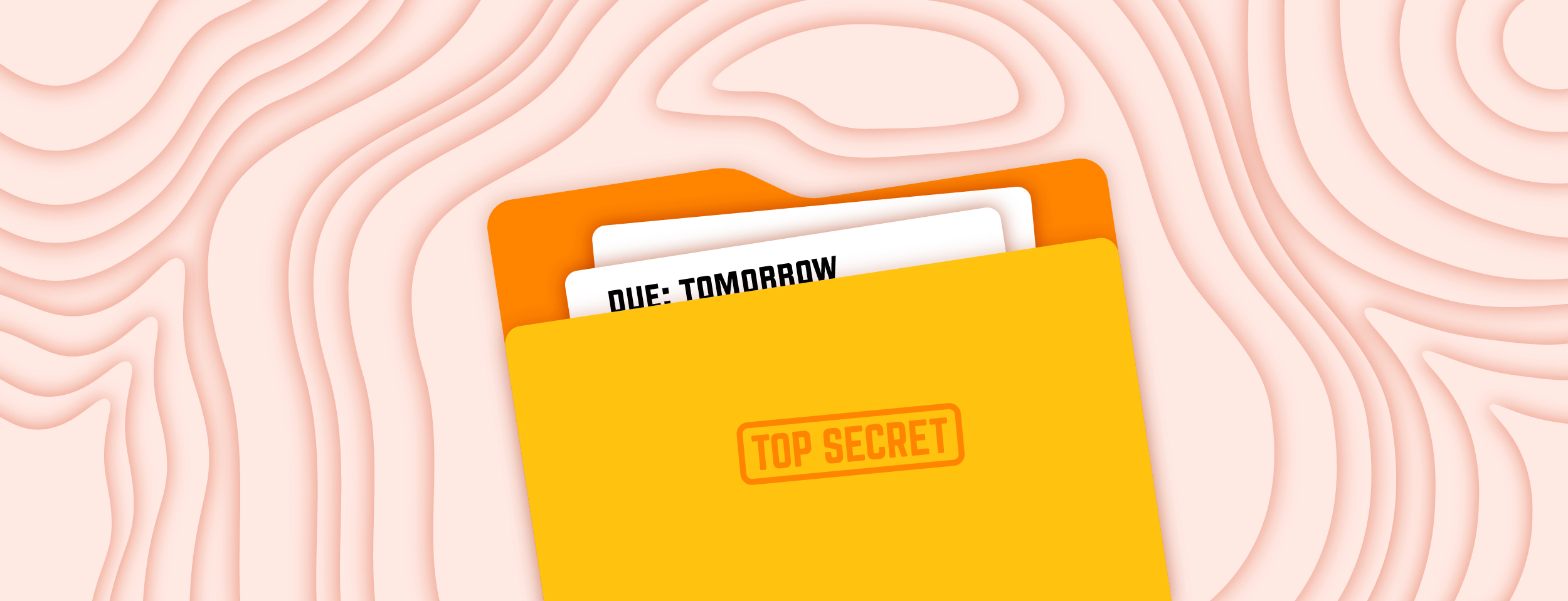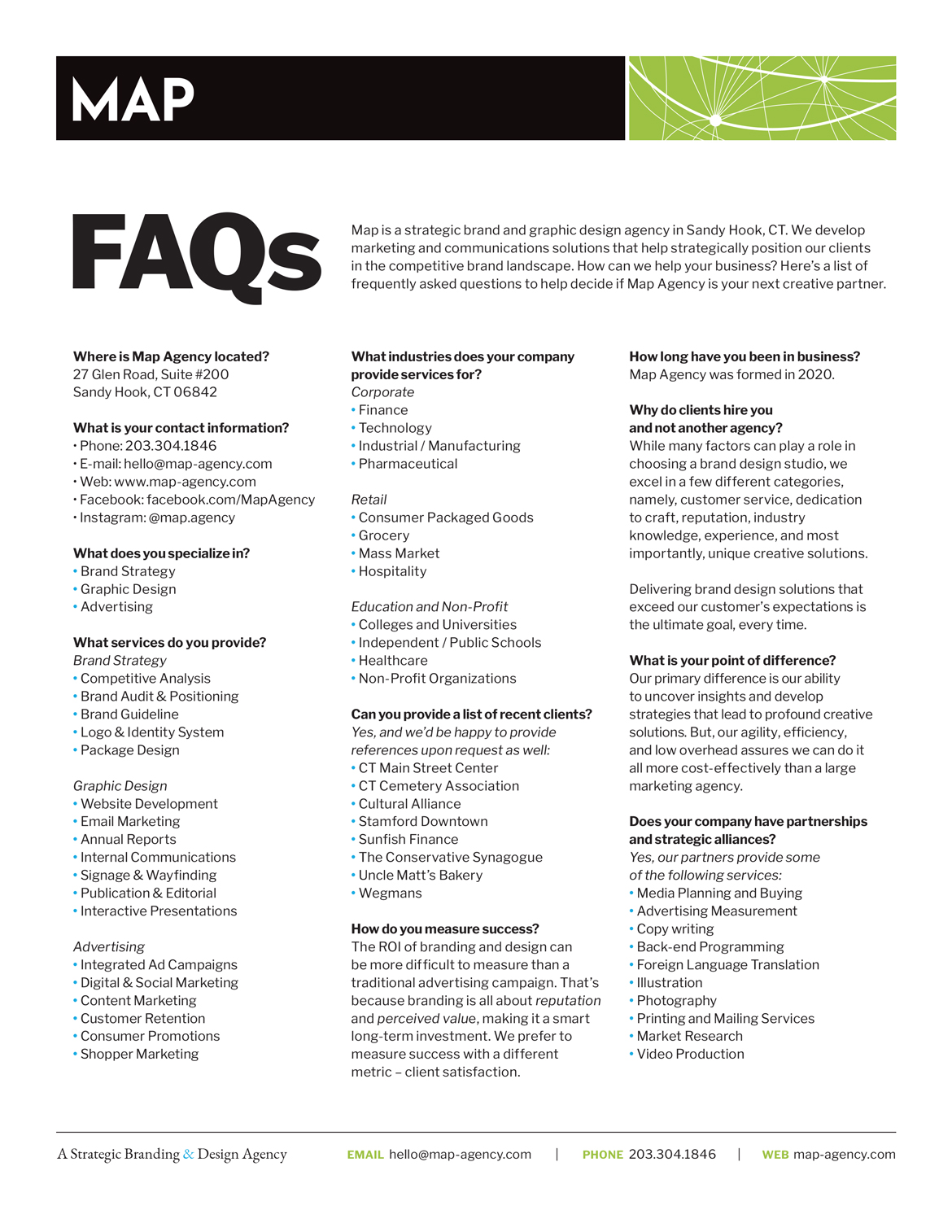My name is John, and I’m a procrastinator. I openly admit to this apparent character flaw because, as a graphic designer, I’ve worked alongside an Olympic-sized roster of procrastinators. We’ll come up with any excuse to delay a project. Ask any designer how much time it takes to complete a specific assignment, and you’ll get the same response: “How much time do you have?” Putting things off is kind of our MO.
I accepted that procrastination was a part of my occupational DNA a long time ago. And, after 20 years of practice, I’ve become damn good at it. You can, too. For all the aspiring creative procrastinators, here’s a few confessions you might find insightful to becoming a pro like me.
I Dally Every Day
Whenever I don’t feel like working, I run. I like to consider running my dally habit — it’s how I delay getting started on challenging creative problems. Do you need to run to procrastinate successfully? Hardly. But, for a dally habit to be productive it needs to be achievable, and it needs to be carried out every single day. Commitment turns a dally habit into a keystone habit — a small, easy-to-achieve victory that contributes to more significant changes in one’s life.1 Yoga is a fine keystone habit, but fishing works just as well. Put things off with intention, and you’re well on your way to making procrastination worthwhile.
I Lose Focus, On Purpose
It can be painfully difficult to separate work from life. I try to, though. For instance, I don’t have any thoughtful or creative agenda when I run. I just run. My mind bounces from subject to subject. Inevitably, I will start to think about a recent project. If I’m lucky, my mind-wandering connects unexpected dots, and a new idea emerges. As Hari puts it in Stolen Focus, “Many breakthroughs don’t happen during periods of focus, they happen during mind-wandering.”2 Creatives, rejoice. This is why keystone habits don’t include activities like watching TV, doom-scrolling through Facebook, or reading a book. Ironically, those activities take too much attention.3 Turns out, letting my mind wander increases the chance that I develop a breakthrough creative concept. That’s reason enough for me to keep losing my focus.
My Ideas Suck, at First
Whenever I kick off a new project, my anxiety level immediately skyrockets. Is there enough time to develop an original solution? The first few ideas are almost always crap, so I make a point to write them down (or sketch them out) instantly. By getting the first-level thoughts on paper, I free my brain to explore unexpected solutions. As Michael Beirut, Partner at design firm Pentagram, suggests, "Somewhere along the way an idea for the design pops into my head out of the blue."4 Getting started right away may seem like the antithesis of procrastination, but eliminating bad ideas allows me to procrastinate when I can’t focus.
Being creative isn’t easy. With a seemingly infinite number of possible solutions, getting started is the hardest part. If you’re going to procrastinate, you might as well do it in a way that’s productive to your problem-solving process. Develop an obtainable habit that allows you to get away from work when you get distracted. Allow your mind to lose focus and wander, by giving your brain the mental space it needs to sort things out and make abstract connections. And damn it, get those shitty ideas out of your head immediately. That’s how I do it, anyway. After all, pros need to get paid, and you’ll never finish any project you haven’t started.

